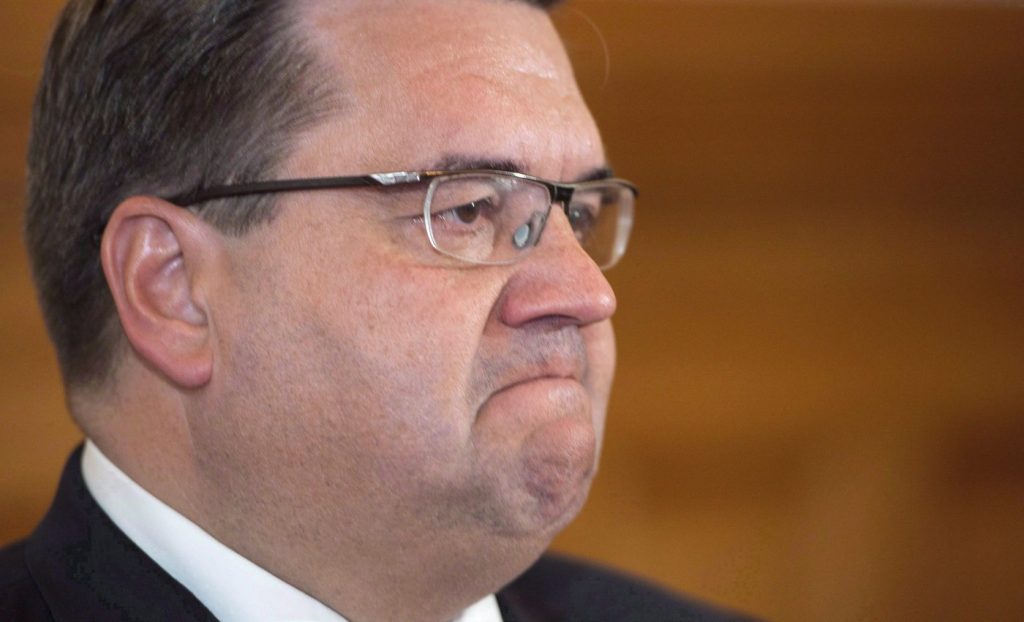Judge rejects lawsuit tied to controversial 2017 Montreal Formula E car race

MONTREAL — An entrepreneur who sued the City of Montreal for not considering his bid to organize a 2017 electric car race has failed to obtain the more than $3 million in compensation he was seeking.
A judge suggested there’s no proof Alexandre Choko would have made money — even if he had been selected to run the much-criticized Formula E event, which was cancelled after one year with a multimillion-dollar deficit.
“According to the preponderance of the evidence, Choko would not have made a profit under a service contract,” Superior Court Justice Louis Charette wrote in a decision earlier this month.
Advertisement
Choko sued in 2018 after Montreal’s auditor general released a report that accused former mayor Denis Coderre of using a non-profit company to circumvent rules to hold the race.
That report said Coderre and his office were warned several times by their legal representatives that the non-profit — Montréal c’est électrique — should not be used as a go-between for the city and a private company. It said the non-profit proved to be an extension of the city, and that the mayor’s office kept control over the decisions made by Montréal c’est électrique.
Choko alleges in his lawsuit that Coderre and his office bypassed a law that would have required a call for tenders from companies interested in holding the race. Instead, using its status as a non-profit — which, unlike a city, is not required to hold an open bidding process — Montréal c’est électrique chose event management company Evenko to run the event.
“The city uses the vehicle of the (non-profit) to circumvent the requirements of the (law) and the need to proceed with a call for tenders,” read the court document, which added that Montréal c’est électrique was a “transmission line” between the city and Formula E management.
However, the judgment also noted that there were other, legitimate reasons to create a non-profit to act as promoter, and that the city structured the creation of Montréal c’est électrique in a way that “ensures compliance with applicable legislative requirements” even though the city clearly wanted to remain in charge of organizing.
Advertisement
While Charette concluded the City of Montreal acted wrongly in some areas, he said Choko failed to demonstrate he had been harmed, because there was no proof he would have been selected to promote the event in an open contest, much less made money.
He said that while Choko was a promoter, he had no experience organizing events of that stature, and that his only experience in the auto sector was related to a car show in 1999. Furthermore, the judge said, the amounts being sought were based on the fees Choko had hoped to earn rather than on solid accounting.
To be successful in claiming a lost opportunity, a claimant has to show that its effects are “real and serious, and that its occurrence is probable,” he wrote, adding that this was not the case.
Formula E was intended to run for three years in Montreal but the first edition sold 25,000 tickets and was considered a flop, leading Valérie Plante to cancel it after she defeated Coderre in the 2017 mayoral race.
Choko’s lawsuit noted that the non-profit wound down operations after that decision, with a balance sheet that showed a deficit of more than $17.7 million.
Advertisement
Formula E sued the city over the cancellation of the second and third year, resulting in a $3-million settlement in 2021.
This report by The Canadian Press was first published Dec. 23, 2024.
Morgan Lowrie, The Canadian Press
